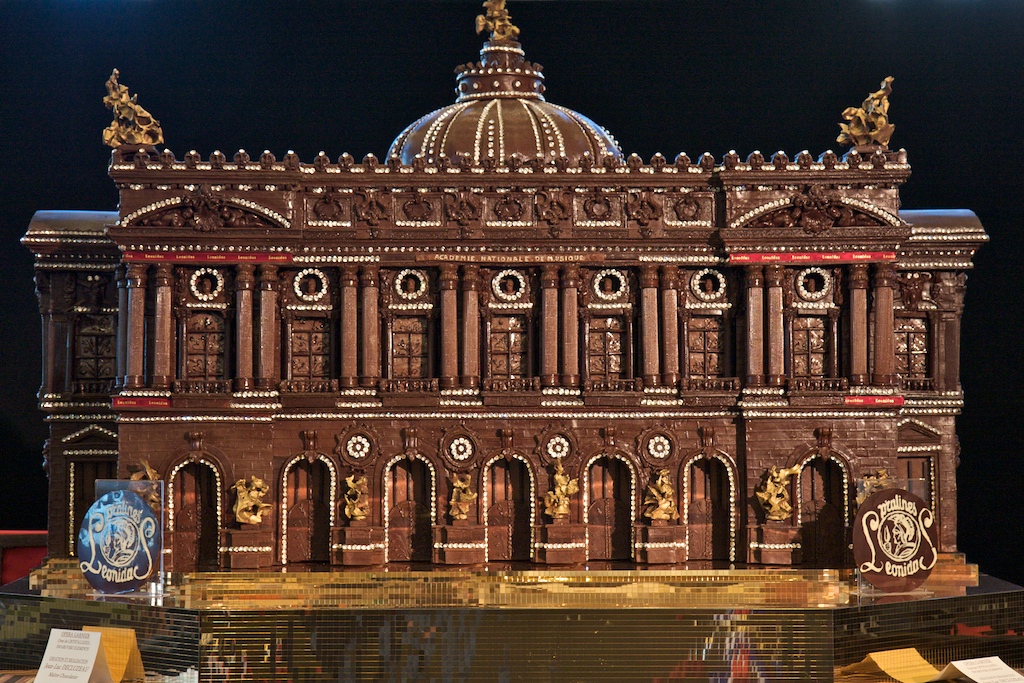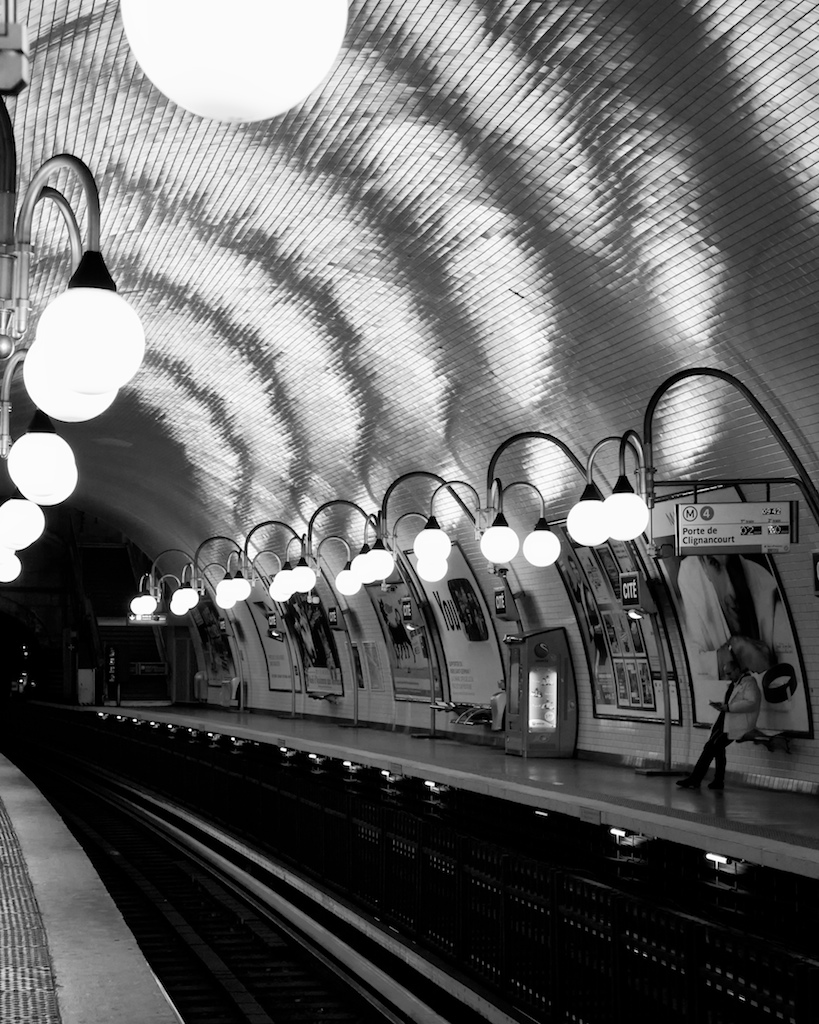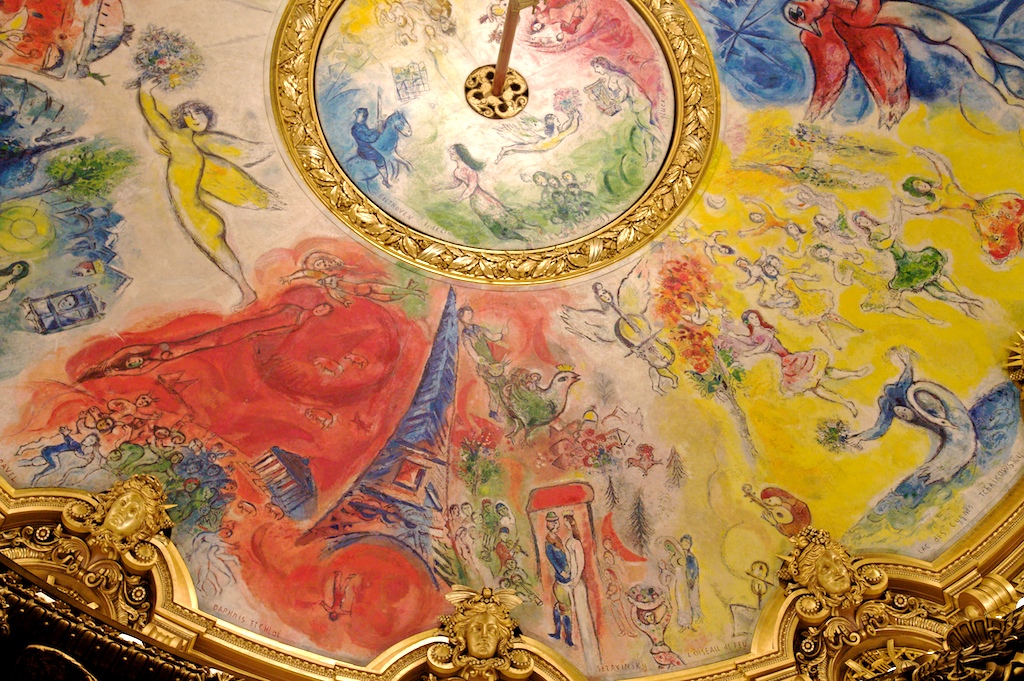You must know that the opera in Paris considered, not without some reason by the Paris intellectuals as beneath contempt…
 Photography print available at Found View Gallery.
Photography print available at Found View Gallery.
You must know that the opera in Paris considered, not without some reason by the Paris intellectuals as beneath contempt and the spectacle of the immensely illustrious author of Ulysses endeavouring to hustle crowds of journalists and protesting admirers into that old fashioned playhouse to hear antiquated music sung by old timer Sullivan was too much. No doubt I may have exaggerated in my exertions for him and perhaps made myself ridiculous in the eyes of sober thinking people, but I do not care very much, for it is incomparably the greatest human voice I have ever heard[….] On one of the evenings he sang when Miss Beach and Miss Monnier were present I said, it may seem incautiously, when asked by the latter why I had done all I had for a person they considered unknown, that since I had come to Paris I had been introduced (i.e. by them) to a great number of recognised genuises, without specifying names, in literature, music, painting and sculpture, and that for me all these persons were quite sympathetic and friendly, but they were all, for me, perhapses, but that there was no perhaps about Sullivan’s voice. […]
I do not think that if I cease working there is much point in my continuing to live in Paris. It involves continual sacrifice of capital for one thing, which up till now was covered over by an output on my part, so that I do not think I shall renew the lease of this apartment, and as for my books it is useless to transport immense loads of what I cannot read so that I think I shall keep only the signed gift books and good old dictionaries. These questions I shall now think over, having nothing else to do, as I have to decide by May.
James Joyce, to a benefactor
Notes:
• From Selected Joyce Letters
• James Joyce was an Irish writer.
 Photography print available at Found View Gallery.
Photography print available at Found View Gallery. Photography print available at Found View Gallery.
Photography print available at Found View Gallery.